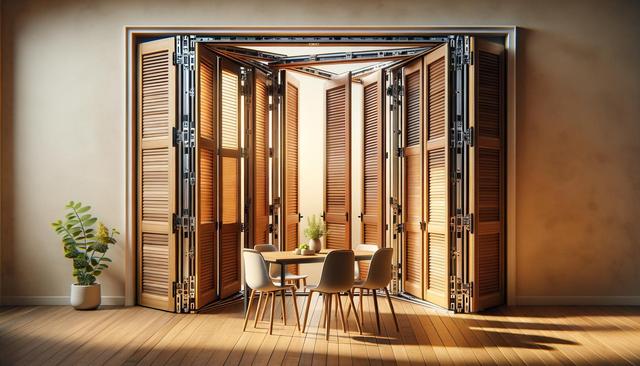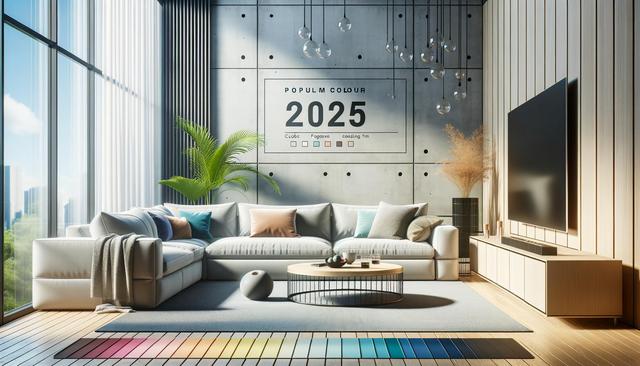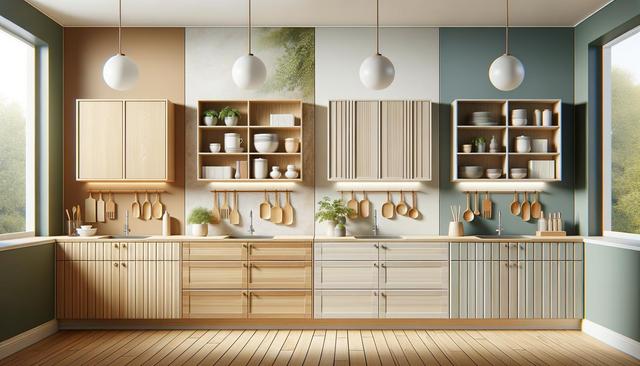Understanding Custom Folding Doors
Custom folding doors, also known as bi-fold doors, are designed to fold in sections and slide to one side, providing a wide opening without taking up much space. These doors are commonly used in both residential and commercial settings due to their practicality and visual appeal. Whether connecting the indoors to a patio or dividing interior spaces, folding doors are a flexible and efficient option. They are particularly beneficial in homes with limited space, as they help make areas feel more open and accessible without the need for swinging clearance.
There are various materials available for custom folding doors, including wood, aluminum, vinyl, and composite options. Each material offers its own set of benefits. For instance, wood provides a natural and warm appearance, while aluminum is known for its durability and modern look. Choosing the right material depends on your design preferences, budget, and the specific needs of the space where the doors will be installed.
Design Options and Customization Features
One of the main advantages of custom folding doors is the wide range of design options available. You can tailor the appearance and function of the doors to match your home’s architectural style. From the number of panels to the type of finish, nearly every aspect can be customized. This level of personalization allows homeowners and designers to create a unique look that enhances the overall interior or exterior decor.
Key customization options include:
- Panel size and number of panels
- Frame and hardware finishes
- Glass type (clear, tinted, frosted, or double-glazed)
- Color and texture choices
These features not only influence the door’s visual appeal but also its functional performance, such as insulation, soundproofing, and ease of use. For those concerned about energy efficiency, selecting double-glazed or insulated glass panels can make a noticeable difference in maintaining a comfortable indoor climate.
Applications in Residential and Commercial Spaces
Custom folding doors are incredibly versatile and can be used in various settings. In homes, they are often found separating living rooms and patios, kitchens and dining areas, or even as closet doors in bedrooms. Their ability to open up a space makes them ideal for entertaining, as they create a seamless flow between indoor and outdoor environments.
In commercial settings, folding doors are frequently used in restaurants, conference rooms, and storefronts. They provide flexibility in terms of space usage and can be opened or closed depending on the time of day or event needs. Their sleek design adds a modern edge to commercial interiors while maintaining functionality. Benefits for commercial installations include:
- Increased natural light
- Improved accessibility
- Enhanced customer experience
- Efficient use of space
Whether for private homes or business environments, custom folding doors offer a practical way to transform and optimize any area.
Installation Process and Considerations
The installation of custom folding doors involves more than simply placing a door into an existing frame. It requires careful planning and precise measurements to ensure smooth operation and a proper fit. Professional installation is often recommended, especially for larger or more complex systems, to avoid potential issues down the line.
Before installation, consider the following:
- Structural support: Ensure the wall or frame can support the door system’s weight.
- Opening dimensions: Accurate measurements are crucial for a seamless fit.
- Threshold options: Choose between flush or raised thresholds depending on accessibility and weatherproofing needs.
- Permits and codes: Check local building regulations for any required permits or compliance rules.
Working with experienced professionals can help simplify the process and ensure that your custom folding doors are installed correctly and perform reliably over time.
Maintenance and Longevity
Like any architectural feature, custom folding doors require regular maintenance to keep them functioning well and looking great. Fortunately, most modern folding door systems are designed for durability and ease of upkeep. The amount of maintenance needed typically depends on the material and how often the doors are used.
Basic maintenance tips include:
- Cleaning the tracks regularly to prevent debris buildup
- Checking and tightening hardware as needed
- Lubricating moving parts for smooth operation
- Cleaning glass and frames with appropriate products
For wood doors, periodic sealing or painting may be necessary to protect against moisture and wear. Aluminum and vinyl doors typically require less maintenance but should still be checked periodically for signs of damage or wear. Proper care ensures that your custom folding doors will remain a lasting feature in your home or business for years to come.
Conclusion: Making the Right Choice for Your Space
Custom folding doors provide a stylish and functional solution for a wide range of spaces. Their ability to enhance natural light, improve accessibility, and create flexible layouts makes them a valuable addition to both residential and commercial properties. By understanding the design possibilities, installation requirements, and maintenance routines, you can make an informed decision that complements your environment and lifestyle. Whether you’re renovating an existing space or planning a new build, custom folding doors are a versatile option worth considering.


